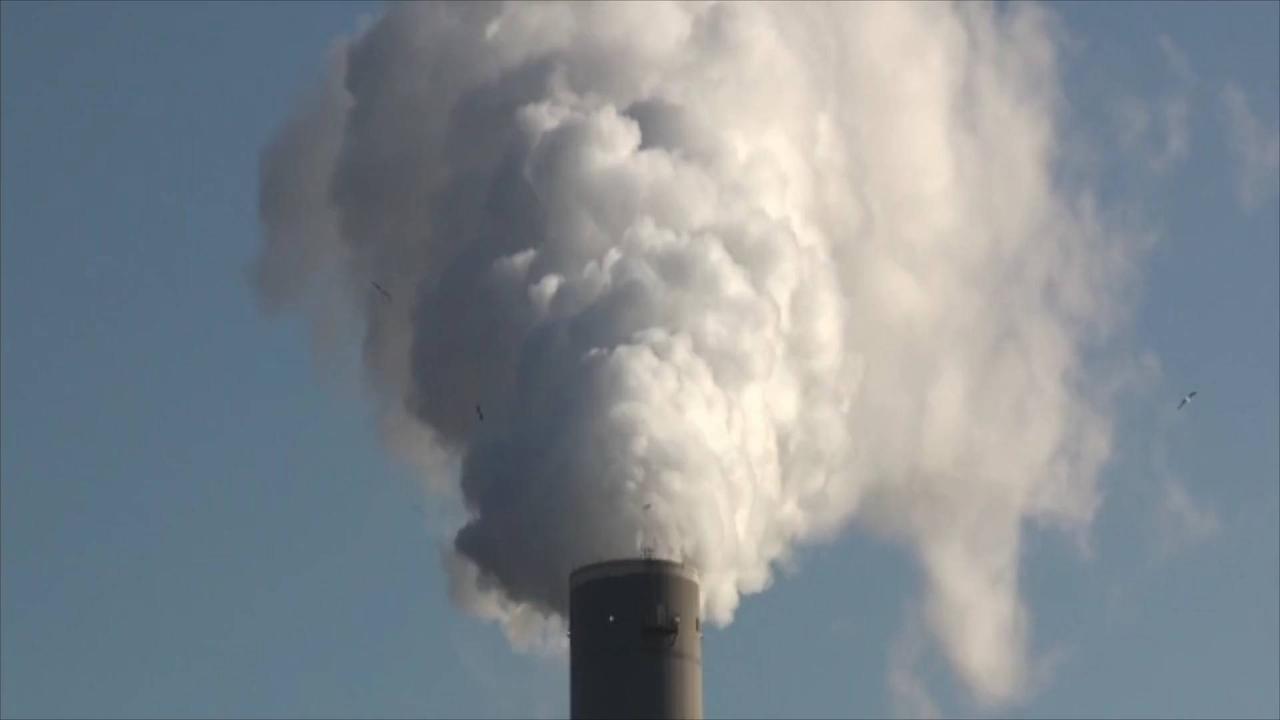Data Reveals Nearly Everyone in Europe Is Breathing Dangerously Toxic Air

Data Reveals Nearly Everyone in Europe Is Breathing Dangerously Toxic Air
Data Reveals Nearly , Everyone in Europe Is Breathing , Dangerously Toxic Air.
'The Guardian' reports that Europe is facing a "severe public health crisis" as nearly the entire continent is breathing air with dangerous levels of pollution.
According to data, including measurements from over 1,400 ground monitoring stations, 98% of people live in areas with dangerously dirty air.
That dirty air includes levels of fine particulate pollution (PM2.5) that exceeds the guidelines set out by the World Health Organization.
'The Guardian' found that two-thirds of people live in areas where levels of fine particulates are more than double the WHO guidelines.
In North Macedonia, nearly two-thirds of people in the country live in areas with levels of PM2.5 over four times higher than the WHO guidelines.
According to experts, PM2.5 pollution is responsible for 400,000 deaths in Europe every year.
This is a severe public health crisis.
What we see quite clearly is that nearly everyone in Europe is breathing unhealthy air, Roel Vermeulen, Professor of environmental epidemiology at Utrecht University, via 'The Guardian'.
The main producers of PM2.5 pollution are traffic, industry, domestic heating and agriculture.
According to a recent study, air pollution was responsible for 1 million stillbirths every year.
.
These deaths are preventable and the estimate does not include millions of cases of non-fatal diseases, years lived with disability, attributable hospitalizations, or health effects from other pollutants, Dr Hanna Boogaard, Expert on air pollution in Europe at the US Health Effects Institute, via 'The Guardian'


![World Health Day 2025: Take charge of your health | WHO | Health Issues | Global Health [Video]](https://video.newsserve.net/300/v/20250407/1407407258-World-Health-Day-2025-Take-charge-of-your.jpg)

![At least 12 in hospital as wildfire forces closure of Tel Aviv to Jerusalem highway [Video]](https://video.newsserve.net/300/v/20250501/1409598206-At-least-12-in-hospital-as-wildfire-forces.jpg)
![North Macedonia opts to align with US as 'strategic partner' - Foreign minister [Video]](https://video.newsserve.net/300/v/20250410/1407706908-North-Macedonia-opts-to-align-with-US-as.jpg)
![Victims of North Macedonia nightclub fire laid to rest [Video]](https://video.newsserve.net/300/v/20250321/1405670784-Victims-of-North-Macedonia-nightclub-fire-laid-to.jpg)
![15 detained on suspicion of corruption after North Macedonia nightclub fire kills 59 [Video]](https://video.newsserve.net/300/v/20250317/1405260666-15-detained-on-suspicion-of-corruption-after-North.jpg)
![Nightclub Fire in Macedonia Kills 59 – People Trapped While Waiting in Queue, Over 140 Hospitalised [Video]](https://video.newsserve.net/300/v/20250316/1405215662-Nightclub-Fire-in-Macedonia-Kills-59-People.jpg)